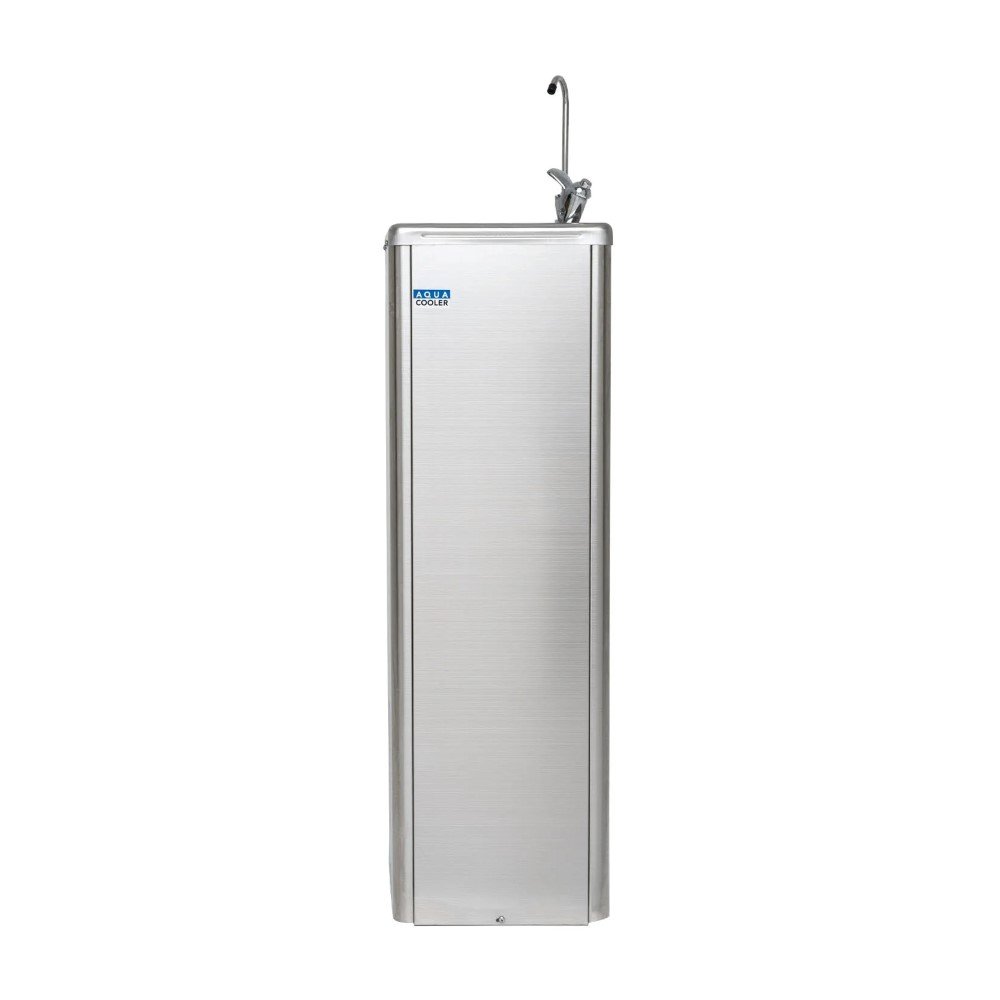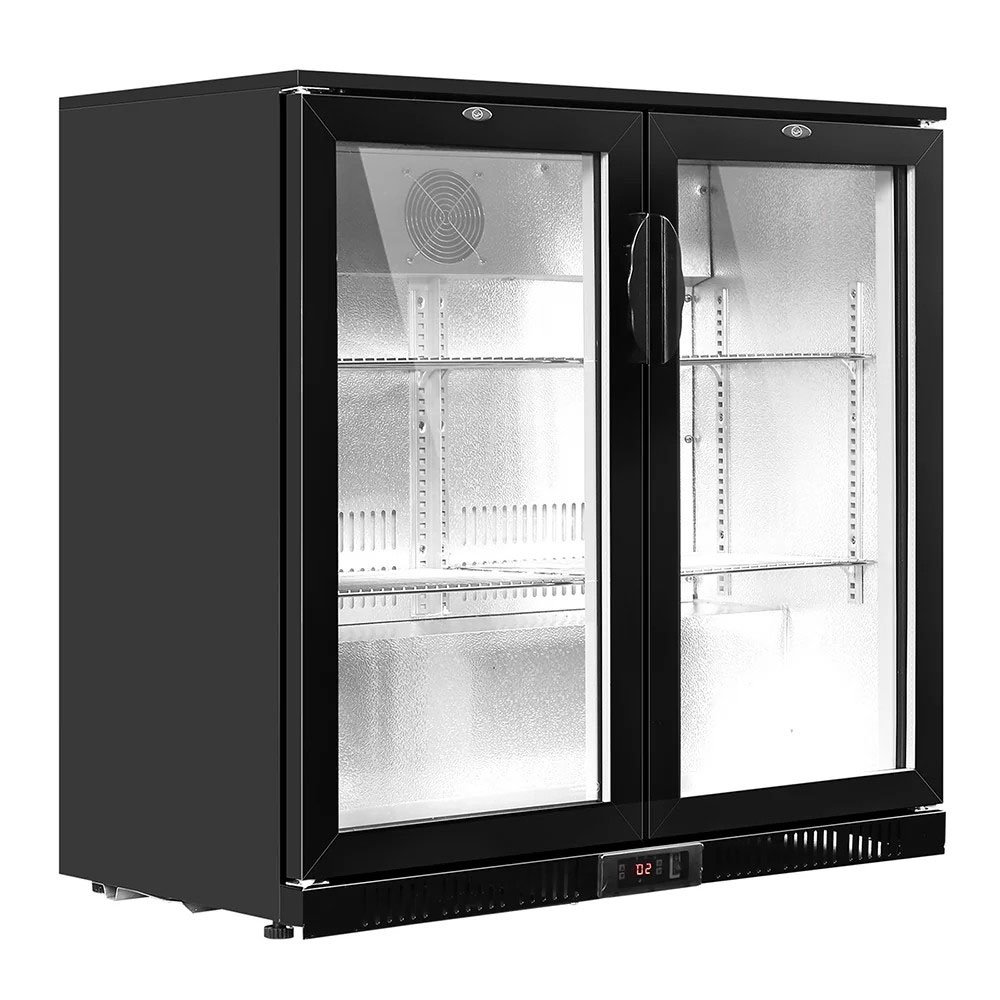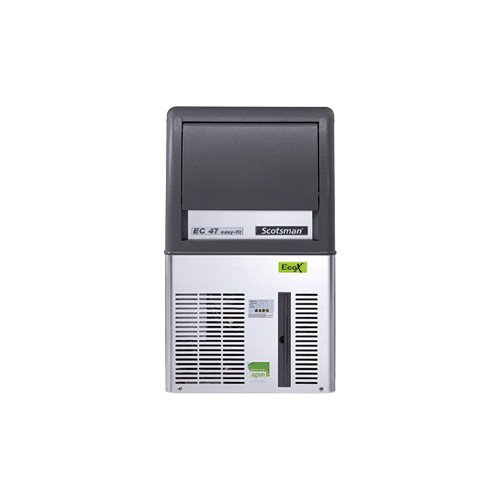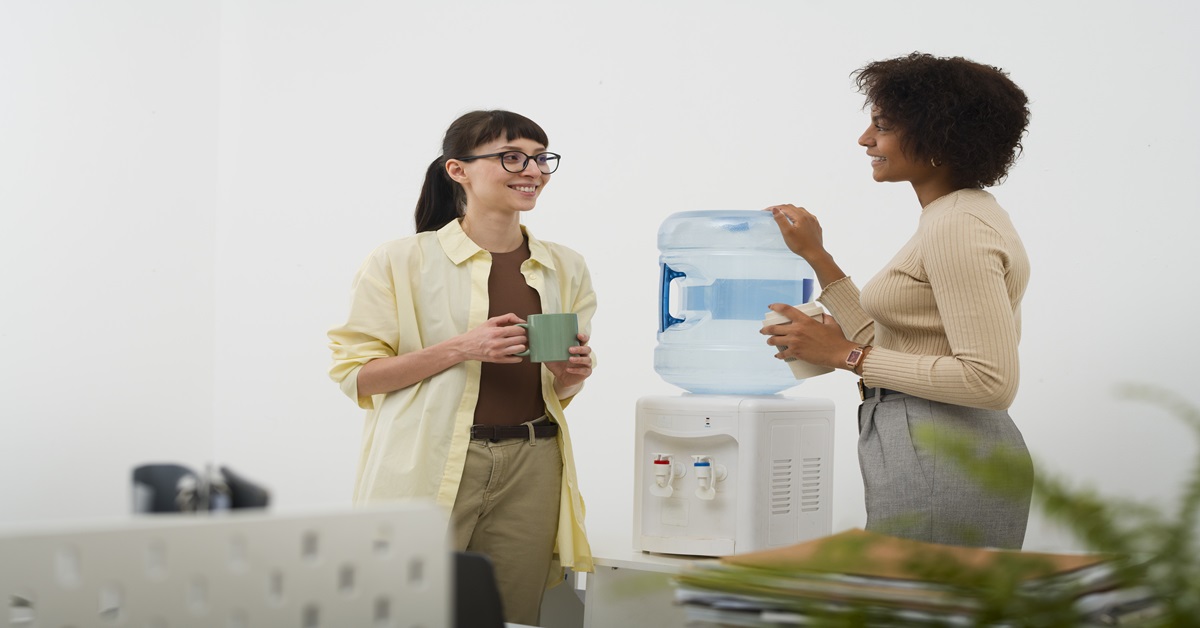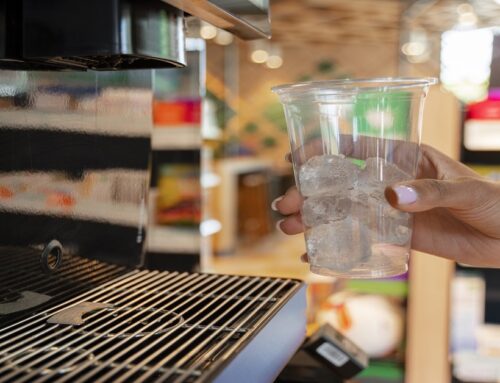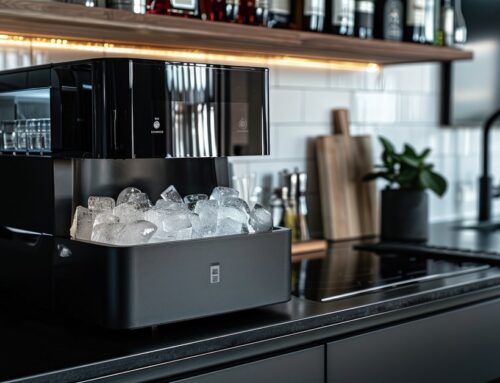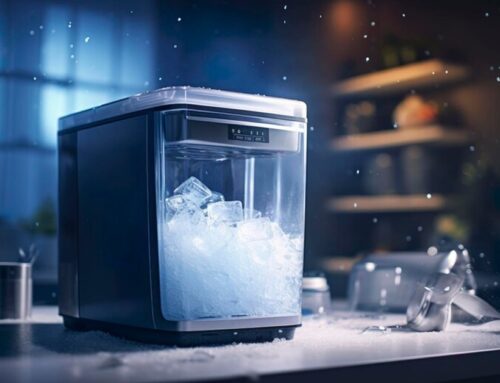Have you noticed how Australian are becoming more eco-conscious these days? It’s not just reusable coffee cups and solar panels anymore—even the humble water cooler is getting a green makeover. In 2025, more Australian homes will be replacing their old hydration stations with sleek, eco-friendly water coolers that are good for the planet and your wallet.
Why the sudden switch? Let’s dive in.
The Eco-Friendly Movement in Australia
Australia’s harsh climate has made climate change real and personal. With bushfires, droughts, and rising temperatures, more Aussies are stepping up to make sustainable choices—and household appliances are at the forefront.
Government Regulations and Sustainability Initiatives
From rebates on energy-efficient appliances to stricter manufacturing standards, the Australian government is making it easier (and smarter) to go green. Water coolers that meet eco benchmarks are getting a lot of attention—and for good reason.
Rising Demand for Eco-Products in Home Essentials
Whether it’s compostable bin liners or LED lighting, sustainable living is now part of everyday Aussie life. Water coolers are just another step in the eco-evolution of our homes.
What Makes a Water Cooler Eco-Friendly?
Modern coolers use compressors and thermoelectric tech that sips electricity instead of guzzling it. Some models even adapt their cooling cycles to minimize power use.
Recyclable and BPA-Free Materials
Say goodbye to harmful plastics. The best eco-friendly water coolers use recyclable metals, BPA-free tanks, and sustainable packaging.
Reduced Plastic Waste and Bottle less Designs
Why buy plastic jugs when you can have filtered tap water on demand? Bottle less models plug straight into your water line, reducing plastic use and saving trips to the store.
Benefits of Eco-Friendly Water Coolers
With less power use and fewer plastic bottles, your household impact drops significantly. It’s a small change that adds up over time.
Cost Savings on Electricity and Bottled Water
Less power used = lower electricity bills. Add to that the end of weekly water bottle purchases, and your wallet will thank you.
Healthier Water, Healthier You
Advanced filtration systems remove more contaminants than basic store-bought water, meaning purer, fresher hydration every time.
Technological Advancements in Water Coolers
Smart Sensors and Temperature Control
No more fiddling with dials—smart sensors regulate water temperature, detect leaks, and alert you when maintenance is due.
Solar-Powered Models
Yep, they exist! Perfect for sunny climates, solar-powered coolers reduce grid dependency and are ideal for eco-conscious homes.
Self-Cleaning and UV Filtration Systems
Say goodbye to mold and bacteria. UV filtration zaps nasties while self-cleaning tech keeps things sanitary with minimal effort.
How Australian Homes Are Adopting the Change
Trends in Urban vs Rural Areas
While city homes are leading the way, rural Aussies aren’t far behind, especially those living off-grid or with limited bottled water access.
Case Study: Melbourne’s Eco-Switch
Melbourne has seen a 40% rise in eco-friendly water cooler installations since 2023. Many homeowners cite cost savings and climate concerns as motivators.
Testimonials from Everyday Aussies
“We ditched bottled water and haven’t looked back. The savings were immediate—and the water tastes better too!” – Lara from Brisbane.
Comparing Eco-Friendly Water Coolers with Traditional Models
Modern eco models are often quieter, faster, and easier to maintain than their older counterparts.
Cost Over Time
While the initial investment may be higher, the lifetime costs are much lower when you factor in water delivery and electricity.
Longevity and Durability
Eco models are built to last with better components and fewer moving parts—meaning fewer breakdowns.
Top Eco-Friendly Water Cooler Brands in Australia (2025 Edition)
Frost Water Coolers
An Aussie fave, Frost offers energy-star-rated, bottle-less coolers perfect for families and small businesses.
Zip Water
Known for its boiling + chilled filtered water systems, Zip is both stylish and sustainable.
Billi Australia
Offering space-saving and energy-efficient coolers, Billi caters to homes looking for modern solutions.
Factors to Consider Before Buying
A large family? Look for higher-capacity models that can keep up with heavy use.
Energy Ratings and Certifications
Stick to coolers with Energy Star or WELS certification for guaranteed efficiency.
Installation Requirements
Some models need plumbing; others don’t. Choose what suits your home best.
Tips for Maintaining Your Eco-Friendly Water Cooler
Wipe down surfaces weekly and run a descaling cycle monthly to keep things fresh. Set reminders to change filters every 6–12 months for optimal performance. Keep your cooler away from heat sources and give it space to breathe—it’ll run better and last longer. Many brands are Australian-made, so your purchase supports local jobs and sustainability. Whether you’re into yoga, hiking, or just beach hangs, staying hydrated the sustainable way fits right in. Modern coolers are sleek, stylish, and compact—perfect for those clean, minimalist vibes.
Coming soon: control your cooler’s settings from your phone—and get maintenance alerts, too.
Parks, gyms, and schools are catching on. Expect to see eco coolers everywhere. Why buy when you can subscribe? Cooler-as-a-service is on the rise for short-term renters and eco-enthusiasts.
Conclusion
In 2025, choosing an eco-friendly water cooler isn’t just a trend—it’s a lifestyle. Aussies are becoming more conscious of their environmental impact, and water coolers are one of the easiest (and most refreshing) ways to do your part. Whether you’re motivated by cost savings, cleaner water, or helping the planet, switching to a sustainable water cooler is a no-brainer.
Drink smart. Live better. Go green.
FAQs;
- Are eco-friendly water coolers more expensive upfront?
Yes, but they quickly pay for themselves through lower running costs and no need for bottled water.
- How long do eco-friendly water coolers typically last?
With proper care, most models last 8–12 years, depending on usage and brand.
- Can they be used off-grid?
Absolutely! Look for solar-powered or low-energy models designed for remote living.
- Are there government rebates for buying eco-water coolers?
Some states offer rebates for energy-efficient appliances—check with your local authorities.
- What’s the best model for a family of four?
Brands like Frost or Zip Water offer mid-size, high-capacity models perfect for families.

